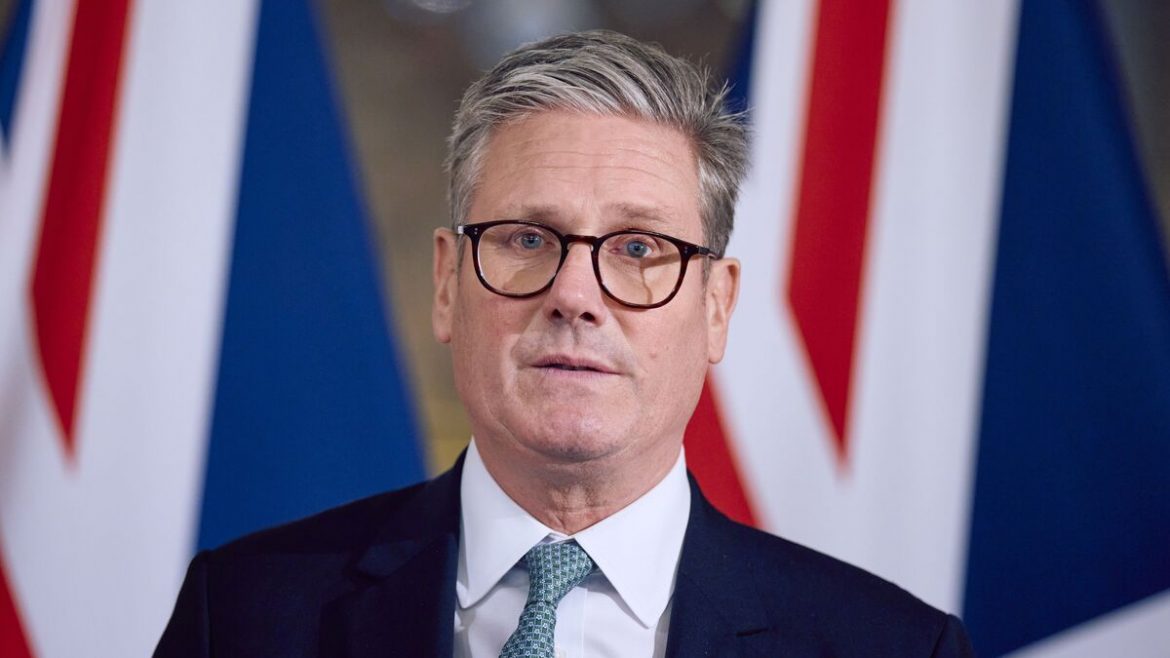Britain is expected to face growing calls at this week’s Commonwealth summit to pay billions of pounds in reparations to poorer countries for causing climate change as well as slavery.
Leaders of some of the nations at most risk from the effects of climate change will use the Commonwealth Heads of Government Meeting (CHOGM) in Samoa to lobby for reparative justice from the UK and other wealthy countries that are among the biggest polluters.
Philip Davis, who is the prime minister of the Bahamas, told the Observer that his country needed help from the UK and others to pay for damage caused by extreme weather events and to help save it from the worst effects of rising sea levels.
Davis said: “The Commonwealth is the ideal forum for making progress on reparations. Our very name echoes the principles and values of the necessary stewardship of the wealth we hold in common – our shared planet.
“Bringing together some of the richest nations on the world with some of the most vulnerable gives us the urgent responsibility for finding a solution to the global shocks that threaten the loss of lives and livelihoods.”
He added: “For island states – which make up nearly half of the membership of the Commonwealth – it’s a threat which is truly existential. If we cannot find ways to make our countries more resilient to these shocks, we will not survive.”
Davis, whose low-lying island nation is the richest in the West Indies with a per capita GDP of around $31,000, and other Caribbean leaders will also be seeking reparations for slavery when they meet Keir Starmer and other prime ministers from the 56-nation association at CHOGM in the Samoan capital Apia this week. It is the first time the biennial summit has been held in a Pacific island state and the first attended by the King as head of the Commonwealth.
“The time has come to have real dialogue about how we address these historical wrongs,” Davis said, echoing his counterparts in the region.
The UK faces demands to pay up to £200 billion for slavery, while a study in the scientific journal Nature Sustainability last year concluded it will owe £6.2 trillion in climate reparations by 2050 because of its carbon emissions since 1960.
Britain has insisted it will not pay reparations and does not want to discuss it at the summit but it will be up to leaders of all of the member nations to decide what is on the agenda, according to the Commonwealth Secretariat.
Officials recall that the Commonwealth led the fight to impose economic sanctions on South Africa in the 1980s despite opposition from Margaret Thatcher. “The Commonwealth has historically facilitated frank conversations about difficult issues that have resulted in positive outcomes,” a secretariat spokesman said.
The King, whose lifelong interest in environmental crises is understood to have influenced CHOGM’s green agenda this week, is expected to try to sidestep any political controversy when he arrives in Samoa
Story was adapted from the Guardian.
